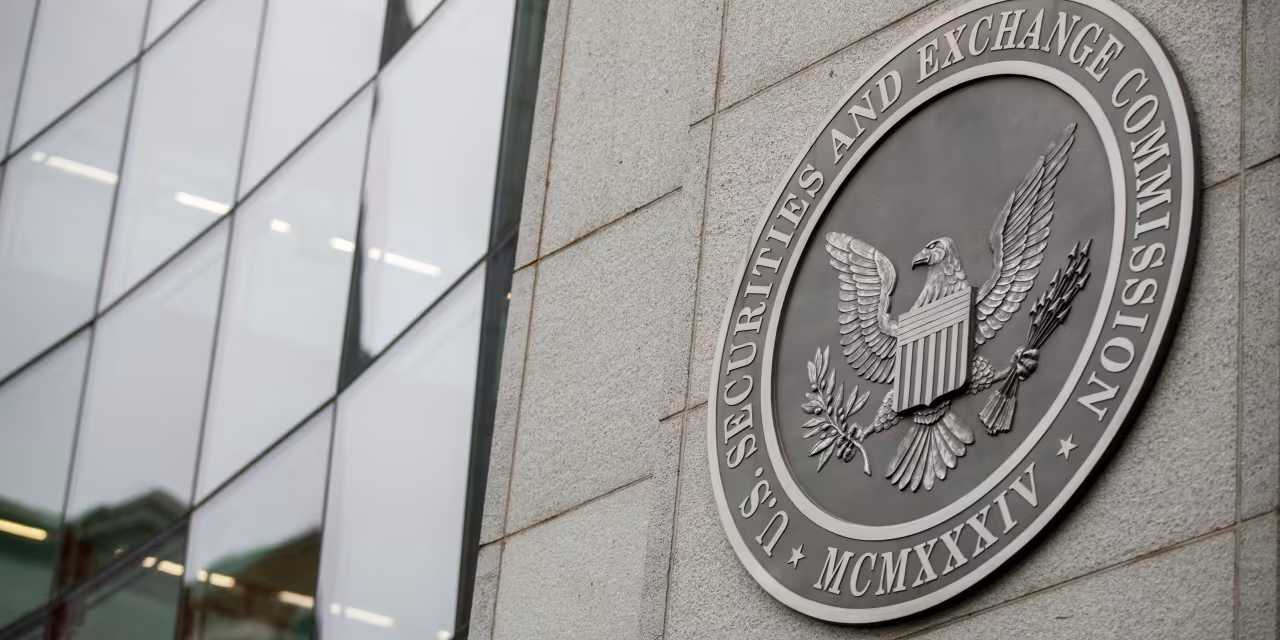Robinhood, a prominent online trading platform, has settled SEC charges for $45 million, a major financial sector milestone. Robinhood Settles SEC In this settlement, Robinhood’s consumer transactions, disclosures, and securities law compliance are scrutinized again. The deal addresses regulatory and investor concerns about Robinhood’s practices.
Nature of SEC Charges
Robinhood was charged by the SEC for misrepresenting its business strategy and failing to disclose its revenue sources. The SEC investigated Robinhood for misrepresenting how it collects income from customer trades. It was accused of deceiving clients by downplaying the importance of market maker and other financial industry fees to its revenue creation. Robinhood Settles SEC This “payment for order flow” (PFOF) model has long been controversial.
Market makers pay brokers like Robinhood for routing consumer trades. Critics say this technique may encourage brokers to put their own interests ahead of their customers’. The SEC claims Robinhood failed to adequately inform users about these payments and their dangers, including how they might influence trade execution.

Settlement Agreement
Robinhood will pay $45 million to settle these claims. The SEC will get this amount to compensate impacted customers and punish suspected wrongdoing. Robinhood settled without admitting or denying the SEC’s findings but promised to resolve the investigation’s issues. Robinhood will improve client disclosure in addition to the financial penalties. The corporation will adjust its internal processes to increase income source transparency, particularly payment for order flow.
Robinhood must now notify clients more about its business model and how it affects trading. The SEC’s case against Robinhood is part of a larger campaign to hold financial services providers accountable for failing to disclose important information that impacts clients. The SEC has been focusing more on ensuring brokerage firms offer complete and fair transparency about their activities as retail trading grows.
Impact on Robinhood and Industry
The payment comes as Robinhood works to rebuild user trust and image. In recent years, the corporation has been criticized for its handling of the GameStop short squeeze in early 2021, outages amid market instability, and business model problems. Robinhood has attracted millions of new consumers, notably younger, tech-savvy investors who like its commission-free trading platform, despite these problems. Robinhood’s $45 million settlement may hurt, but it’s unlikely to hurt its finances. Robinhood went public in 2021 and has grown its customer base despite legal and regulatory issues. The company has also added features and expanded into bitcoin trading to strengthen its platform.
Robinhood may not suffer financially from this settlement, but it may affect retail investment. The case raises transparency concerns in financial services, particularly regarding commission-free trading platforms. As retail trading grows, regulators may examine how these platforms work, especially in terms of informing investors of trade costs and dangers. A Robinhood settlement might affect other financial firms that use payment for order flow or similar tactics. The SEC has stated that it will punish companies who fail to provide material information to customers. Therefore, other brokers may assess their procedures and make changes to comply with securities laws and regulations.
Financial Industry Lesson
Financial services openness is highlighted by the Robinhood settlement. As online trading platforms become more widespread, enterprises must guarantee that users understand how their deals are conducted and how they make money. The SEC’s case against Robinhood underlines the necessity for clear, simple, and accurate disclosures to protect investors. Robinhood can put these concerns behind it and improve its business procedures with the settlement. The corporation has addressed regulator concerns and will likely continue to improve its operations. In addition, the settlement warns other financial companies that authorities are actively scrutinizing their actions, including client disclosures and securities law compliance.
Read More: Shiba Inu’s TREAT Token Launches on Major Exchanges
Conclusion
Robinhood’s $45 million SEC settlement is a major breakthrough in online brokerage regulation. The settlement emphasises transparency in financial services and reminds corporations to communicate clearly with clients. Companies must comply with regulatory standards and give customers the information they need to make investment decisions as the retail trading industry evolves.




